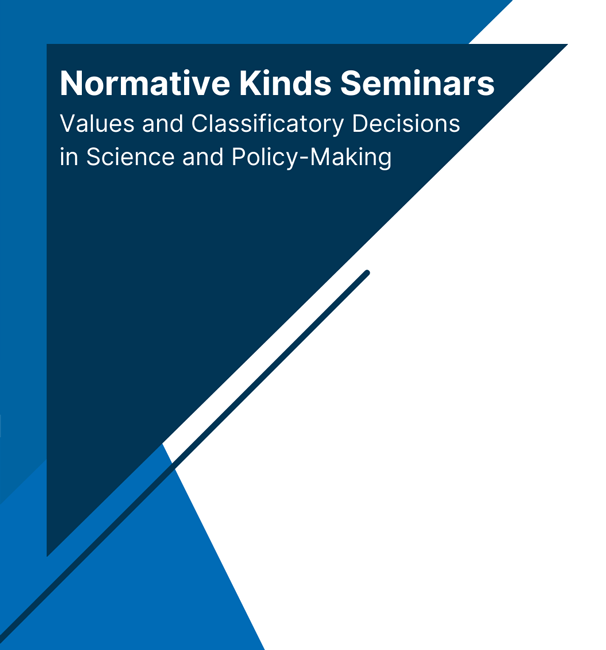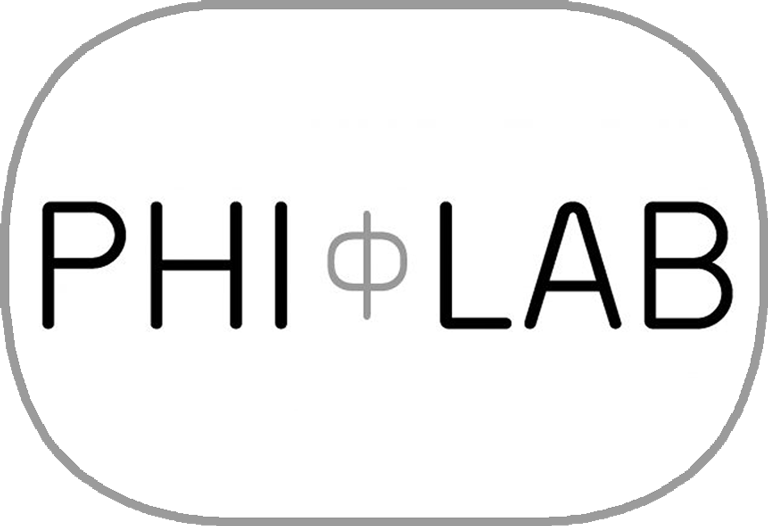
ll Dipartimento di Filosofia “Piero Martinetti” presenta:
Normative Kinds Final Conference
Values and Classificatory Decisions in the Social and Biomedical Sciences
3-4 September 2025
Via Festa del Perdono 7, Aula 113, Università degli Studi di Milano
PROGRAM
Wednesday, 3 September
10.00 – Francesco Guala & Davide Serpico: The Normative Kinds project
10.30 – Genoveva Martì (ICREA & University of Barcelona): Being flexible about indeterminacy
11.30 – Break
12.00 – Muhammad Ali Khalidi (City University of New York): Wherein are social kinds normative?
13.00 – Lunch
15.00 – John Dupré (University of Exeter): Kinds of processual individual
16.00 – Break
16.30 – Joshua Rust (Stetson University): Individuating processes and pluralistic methodologies
17.30 – End
Thursday, 4 September
10.00 – Don Ross (University College Cork, University of Cape Town, Georgia State University): Norms as real statistical patterns in behaviour: Welfare identification and strategic mindshaping
11.00 – Break
11.30 – Anna Alexandrova (University of Cambridge): Thick concepts in science: Do they need special treatment?
12.30 – Lunch
14.30 – David Teira (UNED, Madrid): Racial categories in the Spanish Golden Age
15.30 – Break
16.00 – Martina Bacaro & Francesco Bianchini (University of Bologna): Normativity for Machine Learning: the role of normative kinds in learning from demonstration
17.00 – End
ABSTRACT
Contemporary philosophical debates about kinds are dominated by a broadly inferentialist perspective: real kinds are clusters of properties that support systematic and reliable (i.e. causally grounded) predictions, explanations and interventions. This conception has an important implication for the debate about values in science: it implies that the extension of scientific concepts and categories is contested and constantly negotiated not only because of our epistemic limitations, but also due to the inherently statistical nature of the relations that hold between properties which, in principle, may clustered in multiple ways. Many kinds-concepts and categories, moreover, are used not only to describe but also to prescribe: they carry positive or negative connotations which may influence the behaviour of lay people, scientists and policy-makers. Such “normative kinds” are the principal targets of our project.
We will start from the assumption that scientists, lay people and policy-makers are constantly engaged in classificatory decision-making, that is, they constantly make decisions concerning the extension and intension of categories that are used for explanatory, predictive, and pragmatic purposes. Such decisions cannot be based on purely epistemic considerations, but inevitably also involve value judgments. Although describing and prescribing seem to be distinct activities, attempts to draw a sharp line dividing normative and descriptive aspects in the language and concepts of science have been notoriously problematic. Contemporary attempts to vindicate (and regulate) the influence of non-epistemic values on science – as in the classic “Inductive Risk Argument” – typically appeal to uncertainty. Our project in contrast will explore, articulate and assess the thesis that values play an ineliminable role in scientific practice for ontological reasons – i.e. independently of our epistemic limitations.
We shall use a new “topological model” to explore trade-offs between inductive power, cost of error, and to study how norms may influence clustering and the projectability of kinds. We expect to identify tensions between epistemic and non-epistemic goals, and by means of the topological model to bring clarity to the problem of classificatory decision-making. We shall also use the model to examine what, if anything, can be saved of scientific realism: Does the success of our inferential practices support any conclusions about the reality of the structures that make such inferences possible? Is realism undermined by the fact that values play a necessary role in classificatory decisions? Finally, the theory will be tested and refined using case studies from areas of science where normative considerations play important but different functions, such as bio-medicine, psychiatry, social and cognitive science.
Contatti
francesco.guala@unimi.it
davide.serpico1@unimi.it
